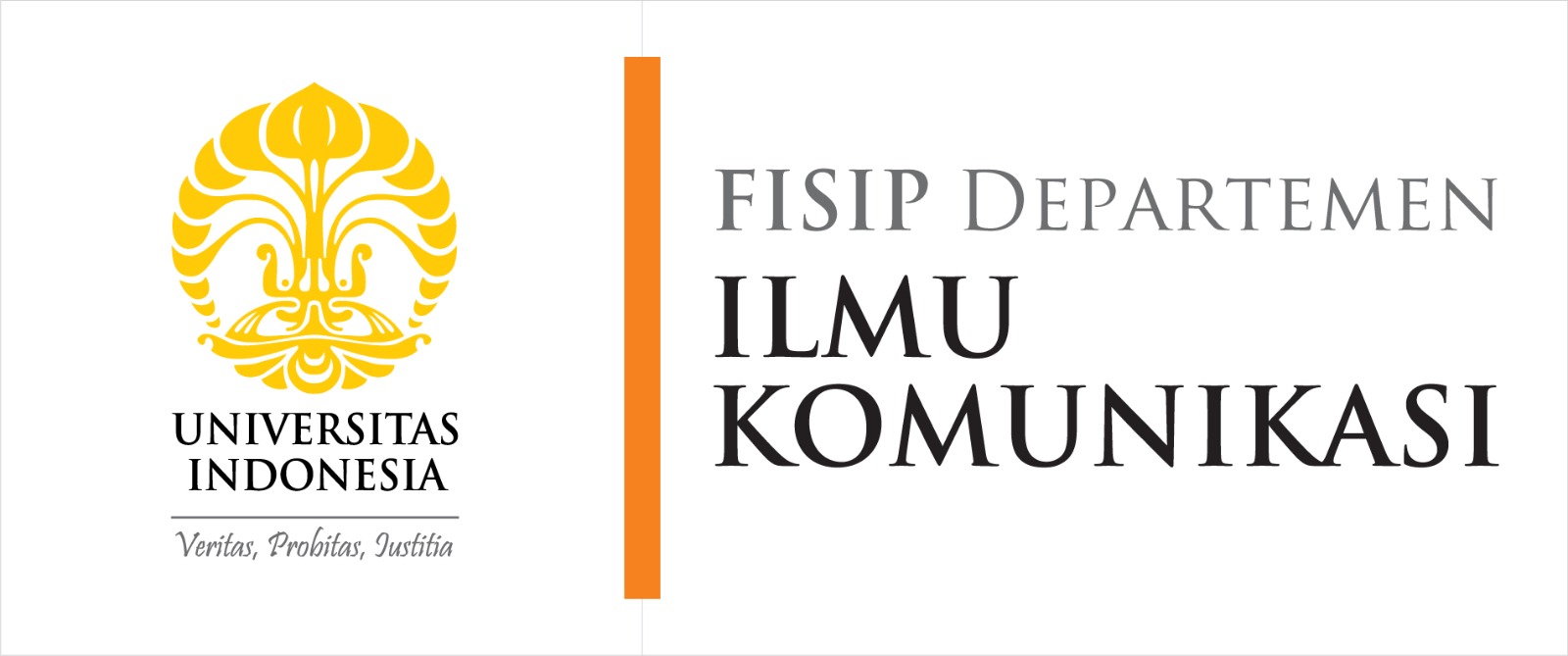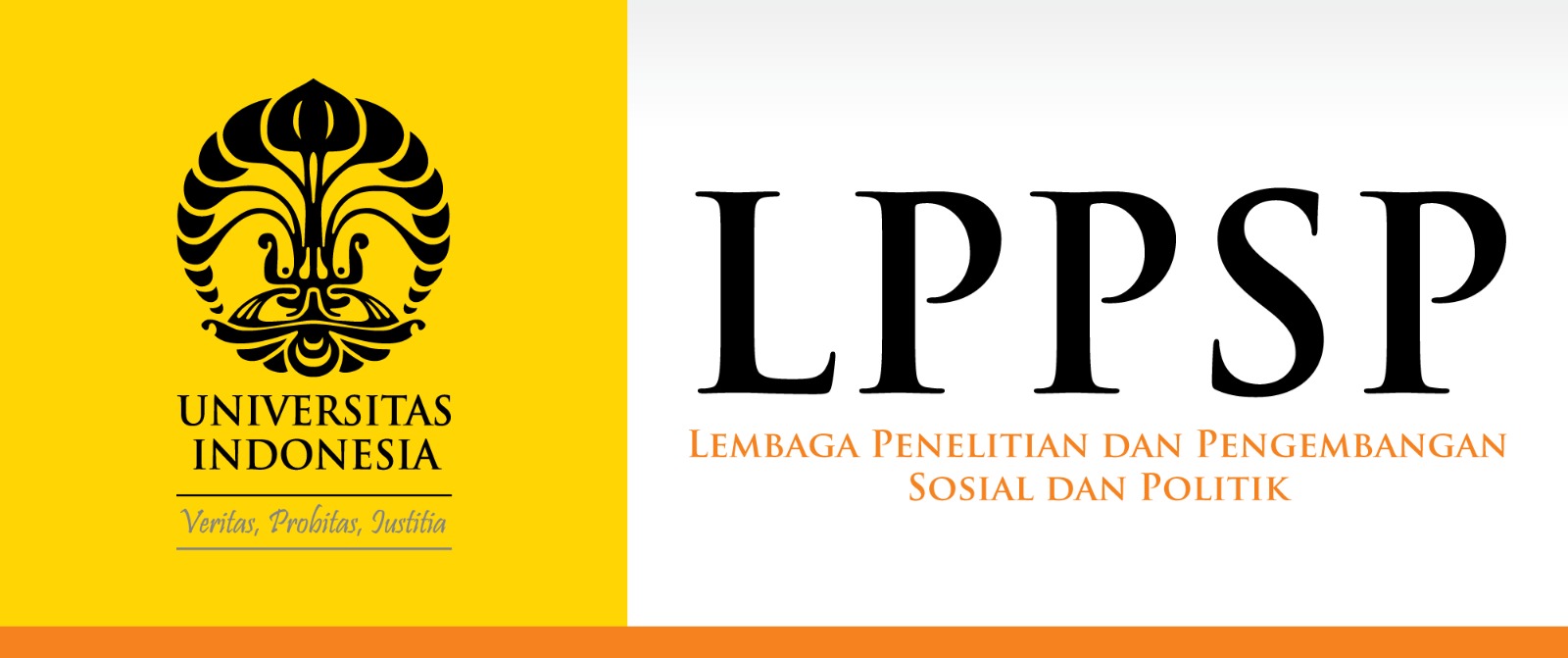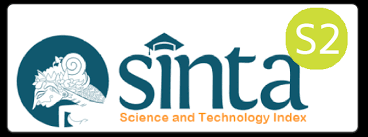JURNAL KOMUNIKASI INDONESIA
Abstract
Remaja memiliki kebutuhan untuk membentuk identitas dan diakui lingkungan sosialnya. Dalam hal ini, media sosial mengekstensi para remaja untuk memenuhi kebutuhan tersebut. Namun, media sosial cenderung mendorong para remaja untuk mengungkapkan informasi pribadi mereka secara terbuka. Media sosial tanpa disadari mengaburkan batas informasi yang dapat diungkapkan dan tidak. Sedangkan saat ini, pengelolaan data atau informasi pribadi menjadi tantangan besar yang harus dihadapi di era komunikasi digital. Hal ini pada gilirannya berdampak pada polemik pengelolaan privasi di media sosial. Penelitian ini menggunakan paradigma post-positivis dan pendekatan kualitatif dengan strategi penelitian konstruktivis untuk mempelajari pemahaman remaja dalam memperlakukan privasi dengan mengacu pada pengalaman unik dan spesifik dari setiap individu. Teknik pengumpulan data dalam penelitian ini menggunakan observasi, wawancara semi-terstruktur, dan dokumentasi. Data yang telah terkumpul kemudian dianalisis menggunakan analisis tematik. Hasil penelitian menunjukkan bahwa remaja di pemukiman kumuh menggunakan Facebook sebagai media untuk memelihara pertemanan, membangun hubungan percintaan, dan wadah dalam mengekspresikan diri. Pemahaman mengenai informasi pribadi disikapi secara beragam sesuai keyakinan dan pengetahuan dari remaja. Selain itu, remaja di pemukiman kumuh secara umum belum memahami apa itu privasi dan bagaimana mengelola informasi pribadi di Facebook. Cara remaja di pemukiman kumuh dalam membuat aturan dan kontrol mengenai kepemilikan informasi pribadi mereka yaitu dengan memilih orang yang akan diceritakan mengenai informasi pribadinya sebagai upaya mengelola informasi pribadi mereka agar tidak mengalami pelanggaran aturan privasi. Temuan lainnya, remaja di pemukiman kumuh yang menutup akses informasi pribadinya di Facebook memiliki latar belakang pendidikan dan keterlibatan organisasi yang baik, penge-tahuan akan resiko dalam bermedia sosial, dan mendapatkan pengawasan langsung dari orang tua.
Teenagers have a need to form an identity and be recognized by their social environment. In this case, social media caters the youth to meet these needs. However, social media tends to encourage teens to disclose their personal information. So-cial media unwittingly obscures the limits of information which can be disclosed or not. In this era of digital communication, managing data or personal information is a big challenge which must be faced. This in turn causes a polemic of privacy management on social media. This study uses a post-positivist paradigm and qualitative approach with constructivist research strategy to study the adolescents’ knowledge in managing their privacy by referring to the unique and specific experiences of each individual. Data of this study were collected by observation, semi-structured interviews, and documentation. The data which have been collected were analyzed using thematic analysis. The results showed that teenagers living in slums used Facebook as a medium to maintain friendships and build love relationships, and a place to express themselves. These teenagers addressed their personal information management in various ways according to their beliefs and knowledge. In addition, adolescents in slums generally do not understand what privacy is and how to manage personal information on Facebook. Teens in slums make rules and control the ownership of their personal information by selecting people who will be told about their personal information. These are their efforts to manage their personal information in or-der not to experience any violations of privacy rules. Other finding explained that the teenagers in slums who closed access to their personal information on Facebook had a good educational background and organizational participation, knowledge of risks on social media, and had direct supervision from parents.
References
Affan, H. (2010). Remaja menjadi “korban” Facebook. Dalam BBC. Retrieved March 16, 2019, from https://www.bbc.com/indonesia/berita_indonesia/2010/02/100217_facebook
Aldridge, J., Medina, J., & Ralphs, R. (2010). The problem of proliferation: Guidelines for improving the security of qualitative data in a digital age. Research Ethics Review, 6(1), 3–9.
Ambarwati, D., & Sungkawa, D. (2016). Tingkat Kekumuhan Permukiman di Kecamatan Tambora Jakarta Barat. Antologi Pendidikan Geografi, 4(2), 1–6.
Arora, P., & Scheiber, L. (2017). Slumdog romance: Facebook love and digital privacy at the margins. Media, Culture & Society, 39(3), 408–422. https://doi.org/https://doi.org/10.1177/0163443717691225
Batubara, J. (2010). Adolescent Development (Perkembangan Remaja). Sari Pediatri, 12(1), 21–29. Retrieved from https://www.saripediatri.org/index.php/sari-pediatri/article/download/540/476
Bennet, S., Maton, K., & Kervin, L. (2008). The digital natives debate: a critical review of the evidence. British Journal of Educational Technology, 39(5), 775–786.
Boyd, D. (2014). It’s complicated: The social lives of networked teens. New Haven: Yale University Press.
Boyd, D., & Ellison, N. (2008). Social Network Sites: Definition, History, and Scholarship. Journal of Computer-Mediated Communication, 13, 210–230.
Boyd, D., & Marwick, A. (2011). Social Privacy in Networked Publics: Teens’ Attitudes, Practices, and Strategies. In A Decade in Internet Time: Symposium on the Dynamics of the Internet and Society. Retrieved from https://ssrn.com/abstract=1925128
Detik. (2012). Ini 4 Penculikan Remaja Putri oleh Kenalan di Facebook. Retrieved March 16, 2019, from https://news.detik.com/berita/d-2060296/ini-4-penculikan-remaja-putri-oleh-kenalan-di-facebook/1%0A
Elli, V., & Boutsouki, C. (2014). Facebook usage among teenagers-the effect of personality and peer group pressure: an exploratory study in Greece. International Journal of Internet Marketing and Advertising, 8(4).
Facebook. (2019). Tentang Pengguna Aktif dan Peristiwa Aktivitas Pengguna. Retrieved March 31, 2019, from https://web.facebook.com/help/analytics/1747887018756757?_rdc=1&_rdr.
Guha, R. (2018). The rise and fall (?) of the digital natives. Australasian Journal of Educational Technology, 34(5), 99–119. https://doi.org/AE 2013029
Hidayat, R. (2018). Yuk Simak, Perlindungan Data Pribadi yang Tersebar di Beberapa UU. Retrieved March 31, 2019, from https://www.hukumonline.com/berita/baca/lt5aa2522899af7/yuk-simak--perlindungan-data-pribadi-yang-tersebar-di-beberapa-uu/
Howe, N., & Strauss, W. (2000). Millennials Rising: The Next Great Generation. New York: Vintage.
Idris, M. (2017). Lokasi Berdekatan Tapi ITC Roxy dan Roxy Square Bagai Langit dan Bumi. Retrieved March 31, 2019, from https://finance.detik.com/berita-ekonomi-bisnis/d-3562137/lokasi-berdekatan-tapi-itc-roxy-dan-roxy-square-bagai-langit-dan-bumi.
Kementerian Kesehatan. (2015). Situasi Kesehatan Reproduksi Remaja. Retrieved from http://www.depkes.go.id/download.php?file=download/pusdatin/infodatin/infodatin reproduksi remaja-ed.pdf
Koehorst, R. (2013). Personal Information Disclosure on Online Social Networks: An empirical study on the predictors of adolescence disclosure of personal information on Facebook. University of Twente, Enschede.
Lenhart, A., Purcell, K., Smith, A., & Zickuhr, K. (2013). Social Media and Young Adults. Retrieved from http://www.pewinternet.org/Reports/2010/SocialMedia-and-Young-Adults.aspx
Mascheroni, G., & Ólafsson, K. (2014). Net Children Go Mobile: risks and opportunities (Second Edi). Milano: Educatt.
Neuman, S., & Celano, D. (2006). The knowledge gap: Implications of leveling the play-ing field for low-income and middle-income children. Reading Research Quarterly, 41(2), 176–201.
Patton, M. Q. (2002). Qualitative Research & Evaluation Methods (3rd ed.). Sage Publications, Inc.
Petronio, S. (2002). Boundaries of privacy: dialectics of disclosure. In Choice Reviews Online. United States of America: State University of New York.
Petronio, S. (2007). Translational research endeavors and the practices of communication privacy management. Journal of Applied Communication Research, 35(3), 218–222. https://doi.org/https://doi.org/10.1080/00909880701422443
Petronio, S. (2010). Communication Privacy Management Theory: What Do We Know About Family Privacy Regulation? Journal of Family Theory & Review, 2(3), 175–196. https://doi.org/https://doi.org/10.1111/j.1756-2589.2010.00052.x
Petronio, S. (2013). Brief Status Report on Communication Privacy Management Theory. Journal of Family Communication, 13(1), 6–14. https://doi.org/https://doi.org/10.1080/15267431.2013.743426
Prensky, M. (2001). Digital natives, Digital Immigrants. University Press, 9(5), 1–6.
Spies Shapiro, L., & Margolin, G. (2014). Growing up wired: social networking sites and adolescent psychosocial development. Clinical Child and Family Psychology Review, 17(1), 1–18. https://doi.org/doi:10.1007/s10567-013-0135-1
Uygarer, R., Uzunboylu, H., & Ozdamli, F. (2016). A Piece of Qualitative Study About Digital Natives. Anthropologist, 24(2), 623–629.
Wargadiredja. (2016). Matahari Tak Pernah Terbit di Tambora. Retrieved March 16, 2019, from https://www.vice.com/id_id/article/kbwb7v/matahari-tak-pernah-pernah-terbit-di-tambora
We Are Social dan and Hootsuite. (2018a). DIGITAL IN 2018: WORLD’S INTERNET USERS PASS THE 4 BILLION MARK. Retrieved from https://wearesocial.com/blog/2018/01/global-digital-report-2018
We Are Social dan and Hootsuite. (2018b). Digital in 2018 in Southeast Asia Part 2 - South-East. Retrieved from https://www.slideshare.net/wearesocial/digital-in-2018-in-southeast-asia-part-2-southeast-86866464
World Health Organization. (2019). Adolescent health and development. Retrieved from http://www.searo.who.int/entity/child_adolescent/topics/adolescent_health/en/
Recommended Citation
Andriyani, Esy; Mangun, Fatmala Kirana; Hendiastutjik, Healza Kurnia; Saidah, Musfiah; and Hidayanto, Syahrul
(2019)
"Privacy Management of Facebook Users: A Study on Adolescents Living in West Jakarta Slums,"
JURNAL KOMUNIKASI INDONESIA: Vol. 8:
No.
3, Article 4.
DOI: 10.7454/jki.v8i3.11522
Available at:
https://scholarhub.ui.ac.id/jkmi/vol8/iss3/4
Included in
Gender, Race, Sexuality, and Ethnicity in Communication Commons, International and Intercultural Communication Commons, Social Influence and Political Communication Commons




